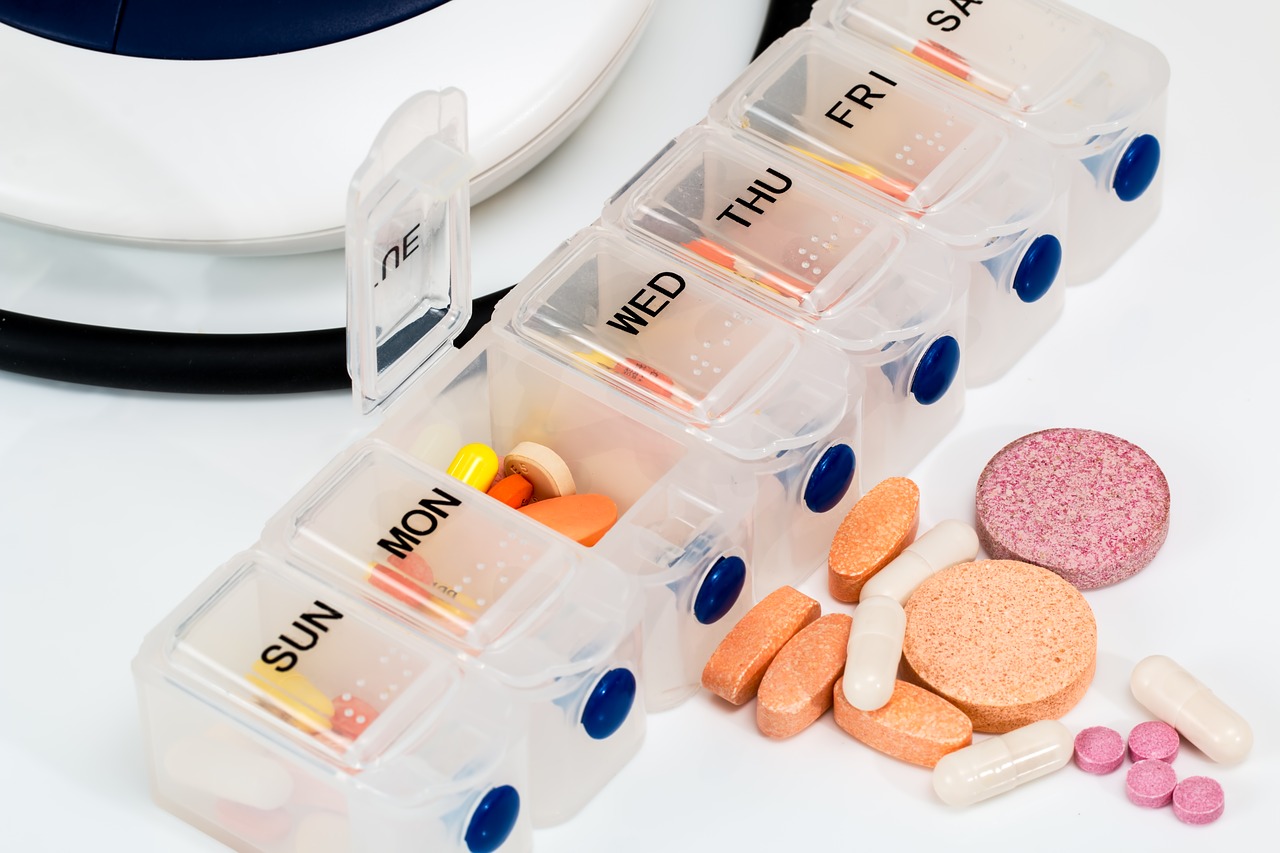The late August approval of Tyruko (natalizumab-sztn) by the U.S. Food and Drug Administration is big news in the multiple sclerosis world. Tyruko is a biosimilar for Tysabri (natalizumab), and it’s the first biosimilar to gain FDA approval as an MS disease-modifying therapy (DMT).
“Tyruko has the potential to extend the reach of natalizumab treatment for [MS] patients, increase healthcare savings and fuel innovation through competition in the market,” Keren Haruvi, president North America of Sandoz Inc., said in a press release.
Bari Talente, executive vice president for advocacy and healthcare access at the National Multiple Sclerosis Society, calls it a “milestone” and says it can “increase accessibility to affordable medications, improve adherence and help contain healthcare costs.” But, will it really save money for people with MS?
What’s a biosimilar?
A biosimilar, as the name suggests, is similar to an approved drug in terms of quality, efficacy, and safety. It’s typically available at a lower cost than the original medication. But a biosimilar isn’t the same as a generic.
Generics are meant to replace simple medications that are made from chemicals. Their active ingredient is identical to the brand-name product, but they may contain different inactive ingredients, such as preservatives.
Biosimilars replace more complex medications that are made from living cells. But because the manufacturing process of the original medication is proprietary, a biosimilar’s production process is always slightly different from the original.
Generics usually cost much less than the original drug because their manufacturing process is simple. Biosimilars are somewhat less expensive than the original, but the price difference isn’t as dramatic as it is with generics because biologics’ structure and production processes are more complex.
Will biosimilars really save money for people with MS?
The National Multiple Sclerosis Society’s website reports the median annual cost of an MS DMT last year was around $94,000. Six DMTs have increased in price more than 200% since 2009.
A survey of 21 biosimilars, taken in 2021 by Stat, reports that biosimilars were an average of 30% less expensive than the original drugs.
A 2020 study by Johns Hopkins University reported that patients who were prescribed a biosimilar infusion used to treat Crohn’s disease paid an average 12% less (about $300 each year) out-of-pocket for that medication.
The FDA’s website says that because biosimilars cost less, they may also be covered by more insurance plans.
I was treated with Tysabri for about seven years and was fortunate that its cost was totally covered by Medicare plus my Medicare-gap commercial insurance. But not everyone is as lucky. It’s not unusual for me to read on social media about people who have a hard time affording their MS treatments. Sometimes people even skip treatments because they don’t have the money to pay for them.
Let’s hope that other biosimilars will follow Tyruko into the MS medication market. As Talente said, they should “increase accessibility … improve adherence and help contain healthcare costs.” That’s a very good and necessary thing.
(A version of this post first appeared as my column on the MS News Today website.)



